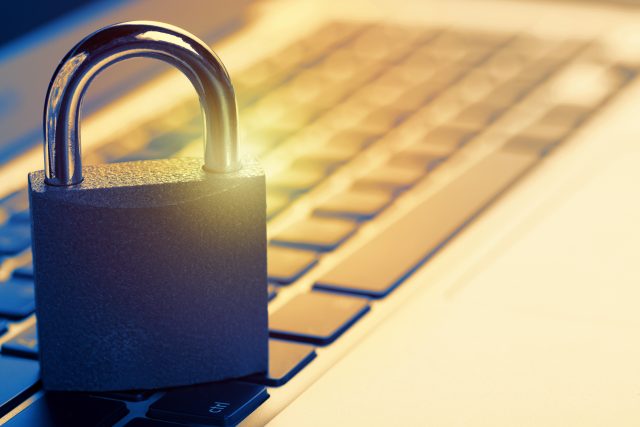In today’s interconnected world, cyber threats loom large, and our computers and phones are prime targets. Detecting signs of hacking early is crucial to protect sensitive data and prevent further damage. Here we’ll outline key indicators to identify a compromised device and offer practical steps to fortify your digital security and minimize the risk of future hacking attempts.
Signs of Hacking
Unusual system behavior
Sudden slowdowns, frequent crashes or the appearance of unfamiliar pop-ups can indicate malicious activity. Be wary of unexpected error messages or applications running without your permission.
Unauthorized access
If your accounts are frequently locked due to suspicious login attempts or you receive notifications for unrecognized login locations, it’s possible that someone has gained unauthorized access.
Unfamiliar accounts or software
Check for unknown user accounts on your computer or unfamiliar applications installed on your phone. Hackers may create hidden accounts to maintain control over the compromised system.
Unexplained data usage or network activity
If your internet usage or mobile data consumption increases significantly without an apparent reason, it could be a sign of a compromised device sending or receiving data without your knowledge.
Strange email or social media activity
Be vigilant for unexpected outgoing emails, messages sent from your accounts that you didn’t compose or posts published without your authorization. These could indicate that your accounts have been breached.
Steps to Improve Your Online Security
Update your software
Keep your operating system, applications and antivirus software up to date. Software updates often include security patches that fix vulnerabilities exploited by hackers.
Use strong and unique passwords
Create complex, unique passwords for all your accounts. Consider using a password manager to securely store and generate passwords.
Enable two-factor authentication (2FA)
Enable 2FA whenever possible. It adds an extra layer of security by requiring an additional verification step, such as a fingerprint scan or a unique code sent to your phone.
Be cautious of suspicious emails and links
Avoid clicking on suspicious links or downloading attachments from unknown sources. Be wary of phishing attempts and carefully scrutinize emails asking for personal information or login credentials.
Back up your data
Regularly back up your important files to an external hard drive or cloud storage. In the event of a hack or system failure, you can restore your data without major losses.
Use a Firewall and antivirus software
Install reputable firewall and antivirus software to detect and block malicious activities. Keep the software updated and perform regular scans for potential threats. Consider purchasing the Norton 360 online protection package, which safeguards your computer from viruses and malware and also monitors the dark web for data breaches. AAA members receive a 50% discount on an annual subscription.
Secure your Wi-Fi network
Change the default administrator credentials on your router and use a strong password for your Wi-Fi network. Enable encryption in settings to protect your wireless communication.
Practice safe online habits
Avoid downloading files from untrustworthy websites, be cautious when sharing personal information online and limit the amount of personal data you disclose on social media.
Recognizing the signs of a compromised device and taking proactive steps to enhance your digital security is paramount in the face of growing cyber threats. By staying vigilant and implementing robust security measures, you can protect your computer and phone from hacking attempts and safeguard your valuable digital assets.
Safeguard your identity with ProtectMyID, free for AAA Members. Enroll now.













